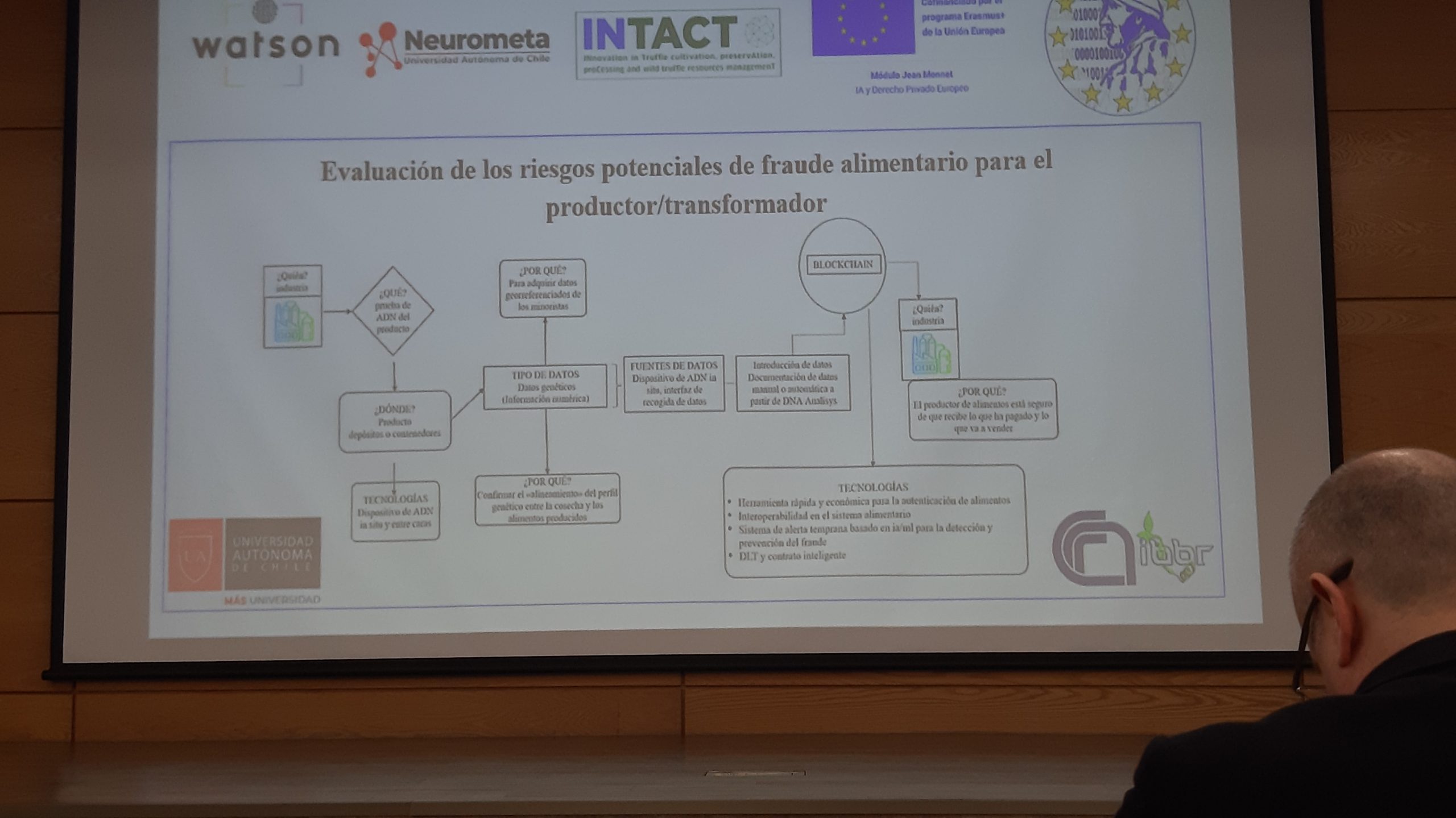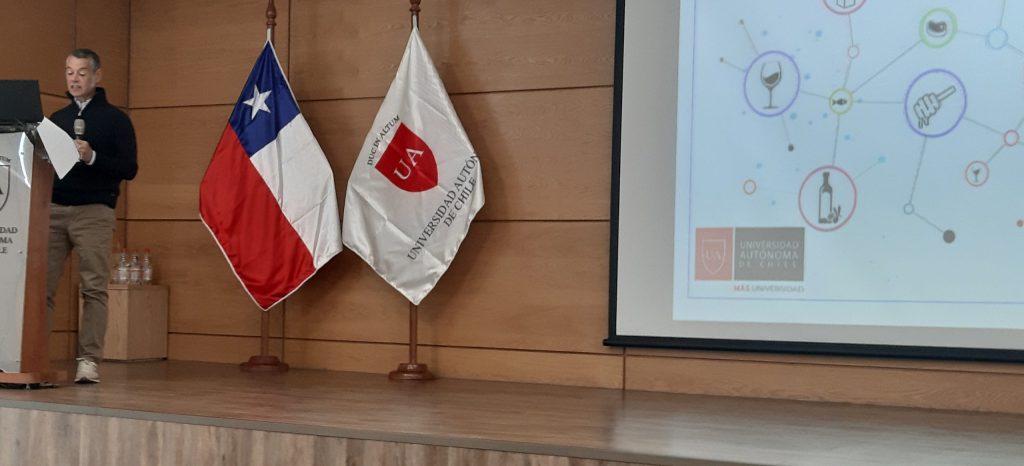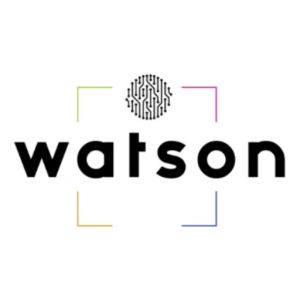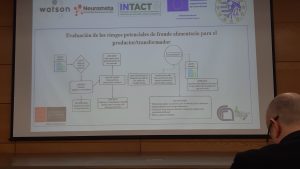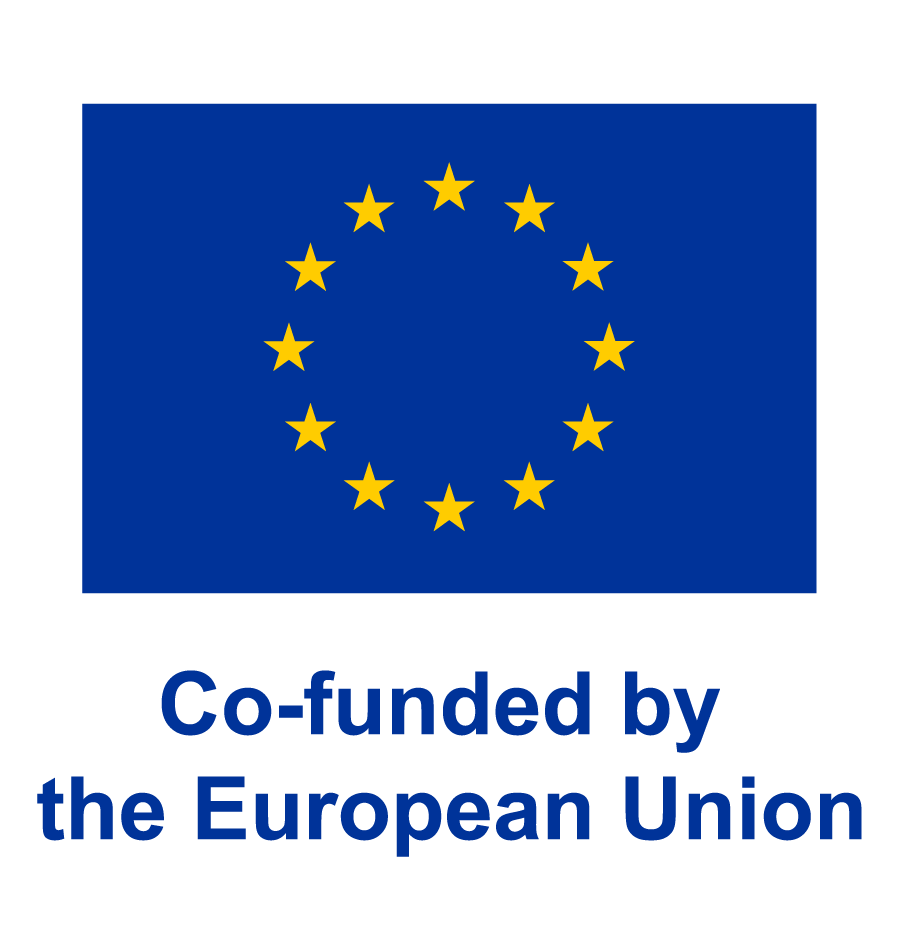On July 25th, our partner the Italian National Council of Research – Institute of Biosciences and Bioresources (CNR-IBBR) presented WATSON during the “III Jornada Interfacultad deNutrición y Alimentos – Sostenibilidad en la Cadena de Suministro Alimentario”, hosted by the Universidad Autonóma de Chile.
The event aimed to explore sustainable practices within the food supply chain and foster collaboration between academia, industry and government.
The need for agricultural innovation in Chile
Chile’s economy relies heavily on exporting primary products, which has created a consistent demand for improvements in agricultural production. As a result, the country is eager to enhance its agricultural capacity through technological innovation, international collaboration and better infrastructure.
A focus on strengthening the food value chain and promoting sustainability within the agricultural sector is crucial for Chile’s economic growth and food security.
With a limited domestic market, Chile’s economy is significantly reliant on the export of primary products. To remain competitive and improve agricultural efficiency, the country is seeking to:
- Acquire new technologies for implementing a commercial food value chain.
- Preserve genetic resources to protect and diversify agricultural output.
- Diversify and enhance the efficiency of traditional agro-industrial chains.
- Promote environmental, nutritional and social values to improve consumer perception and demand.
Key insights
Dr. Nicolò Cultrera from CNR-IBBR was invited to present WATSON under the theme: “Holistic Framework for the Sustainability and Protection of Food Production through Anti-Counterfeiting Technologies and Artificial Intelligence”.
This highlighted the quality of WATSON’s partnership, its approach, applications and integrated solutions, both designed and developed for the prevention of food fraud through digital and intelligence-based technologies.
In particular, Dr. Cultrera addressed the application of rapid genetic food traceability and its potential use to complement already accredited food safety analyses.
Our partner also discussed how WATSON’s holistic approach provides a powerful toolset to help Chile safeguard its agricultural production, emphasising the potential for genetic food traceability to ensure product authenticity, which could enhance the current methods of food safety testing used by control authorities.
Moreover, the application of AI-powered anti-counterfeiting technologies is crucial for improving transparency and traceability in the food supply chain.
Chilean food producers, public control authorities and other stakeholders showed significant interest in these innovations, recognising the need for advanced technological solutions to prevent food fraud in both domestic and international markets.
The presentation sparked considerable interest among public authorities, universities, and stakeholders within Chile’s food industry. Discussions centred on how the WATSON project’s technologies could be integrated into Chile’s existing frameworks to:
- Improve food fraud prevention systems.
- Enhance food traceability throughout supply and distribution chains.
- Ensure compliance with ethical, legal and health-related standards.
As Chile works to diversify and strengthen its agricultural sector, innovations in food traceability and fraud prevention will be critical. Such events underline Chile’s commitment to the adoption of cutting-edge technologies.
With the support of projects like WATSON, Chile is on the right track to build a more transparent, traceable and sustainable food system for the future!

